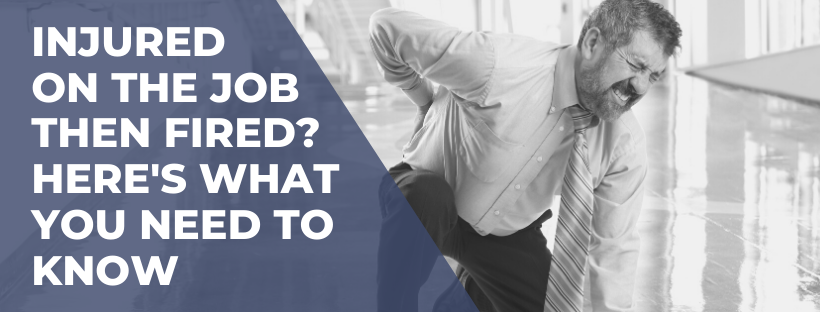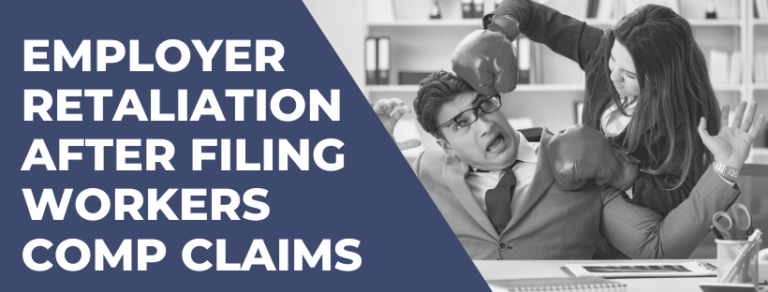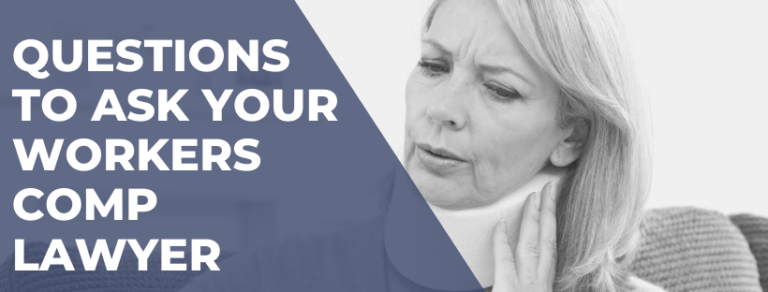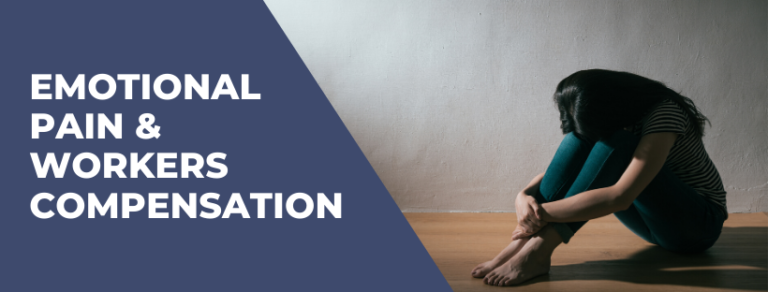The state of South Carolina expects every employer to maintain a safe workplace for their employees. Unfortunately, despite all the safety measures companies use to protect their workers, accidents still happen. Whether you work at a desk or in the middle of a construction site, you have the right to be protected. That being said, what happens when you’re injured on the job then fired?
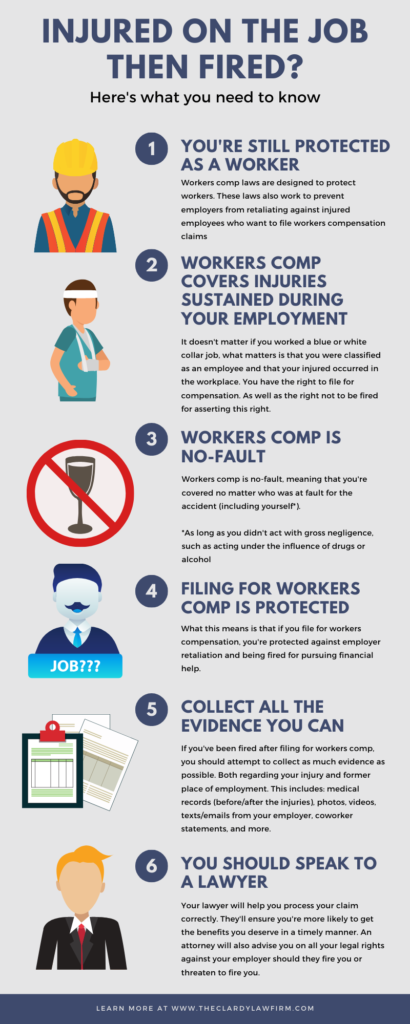
Do you still maintain your right to protection?
Workers comp laws are designed to protect workers. These laws also work to prevent employers from retaliating against injured employees who want to file workers compensation claims. If your were injured at work and then immediately fired, it’s important to educate yourself on your basic rights. Here are just a few things you need to know to get the compensation and justice you deserve
Workers comp covers injuries sustained during the course of your employment
Whether you’re a construction worker who got hit by falling debris or an office administrator who constantly sat at a desk for long periods and is now dealing with chronic back pain from the poorly made chair the company forced you to sit on, you’re eligible for workers compensation. Workers comp will cover the medical expenses and reimburse you for work you were forced to miss while injured or ill. It doesn’t matter if you worked a blue or white collar job, what matters is that you were classified as an employee and that your injured occurred in the workplace. You have the right to file for compensation. As well as the right not to be fired for asserting this right.
Workers’ comp is no-fault
Workers comp is no-fault, meaning that you’re covered no matter who was at fault for the accident (including yourself). Your employer may try to convince you that you don’t deserve workers comp benefits because you hurt yourself. Perhaps they try to tell you that you didn’t look where you were going when you fell. Or that you were distracted when you sustained your injury. While either of those things may be true, that doesn’t mean you’re not entitled for compensation.
Your employer likely might not want to pay. Their insurance will go up when you make your workers comp claim. These claims may also garner the attention of regulators who enforce workplace safety. Even if your behavior contributed to you getting hurt on the job, you still shouldn’t be fired for filing for benefits or bringing to light the dangers of your place of employment.
The caveat to this is that you didn’t act with gross negligence. If you were drunk or under the influence of drugs during the time of your accident, you may be disqualified from obtaining benefits.
Filing for workers compensation is a protected activity
What this means is that if you file for workers compensation, you’re protected against employer retaliation and being fired for pursuing financial help. In South Carolina, it’s important to note what constitutes an employee. If you’re an independent contractor or member of an unprotected group, you may not be eligible to apply for workers comp benefits.
Collect all the evidence you can
If you’ve been fired after filing for workers comp, you should attempt to collect as much evidence as possible. Both regarding your injury and former place of employment.
You’ll need medical records from you doctor, including those from before your injury that show a before/after difference. If you have any photos or videos of the workplace, the incident itself, or your injuries, those will be especially helpful in your favor. Try to collect evidence that your firing was related to your injury. This could include texts or emails from your boss showing their intent to let you go.
You may even be able to have your coworkers testify that your pursuit of benefits was the reason you were fired. Maybe they overheard supervisors discussing the accident or noticed an ongoing pattern of behavior in the workplace.
You should speak to a lawyer
If you’re laid off after your injury, it’s important that you contact an attorney as soon as possible. Look specifically for a lawyer who focuses on workers compensation law, like The Clardy Law Firm. Your lawyer will help you process your claim correctly. They’ll ensure you’re more likely to get the benefits you deserve in a timely manner. An attorney will also advise you on all your legal rights against your employer should they threaten to fire you.
If you’re interested in discussing your rights, don’t hesitate to contact us. Our experienced workers comp attorneys are ready to help. We’ll help get what is owed to you and seek a solution to your unemployment.

